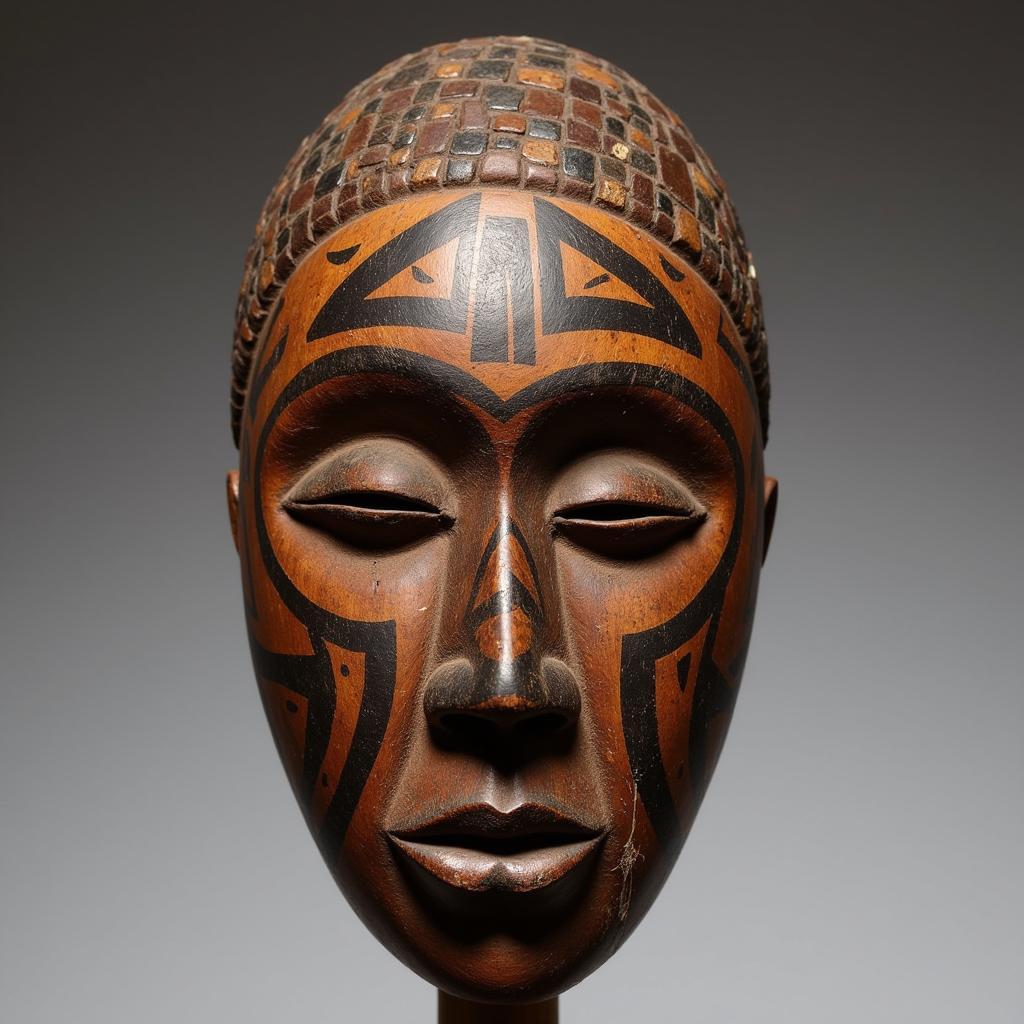Exploring the Essence of Africa Through the African Haiku
African Haiku offer a unique window into the soul of the continent. These short, evocative poems capture the essence of African landscapes, wildlife, and culture, offering a glimpse into the diverse experiences that shape this vibrant land. From the bustling marketplaces of Marrakech to the serene plains of the Serengeti, African haiku provide a concise and powerful medium for expressing the beauty and complexity of African life.
The Power of Brevity: African Haiku and the Art of Concise Expression
Haiku, a traditional Japanese poetic form, has found a fertile ground in Africa. Its emphasis on brevity and imagery resonates deeply with the oral traditions of many African cultures. While traditional Japanese haiku adhere to a strict 5-7-5 syllable structure, African haiku often adapt this form to reflect the rhythms and nuances of local languages. This adaptation allows for a creative interplay between tradition and innovation, resulting in poems that are both deeply rooted in African culture and universally appealing.
The power of African haiku lies in their ability to evoke a sense of place and emotion with just a few carefully chosen words. They invite the reader to participate in the creative process, filling in the gaps with their own interpretations and experiences. Whether reflecting on the majesty of a baobab tree or the vibrant energy of a traditional dance, African haiku offer a concise and evocative glimpse into the heart of Africa.
African Haiku: A Fusion of Tradition and Innovation
African haiku are not merely imitations of the Japanese form; they are a unique expression of African identity. Many African poets incorporate elements of their own cultural traditions into their haiku, drawing on local folklore, proverbs, and languages. This fusion of traditional African storytelling with the concise structure of haiku creates a powerful and distinctive poetic voice.
Dr. Abimbola Adebayo, a renowned scholar of African literature, notes, “African haiku demonstrate a remarkable ability to bridge cultural divides. They offer a universal language of poetry while simultaneously celebrating the unique richness and diversity of African cultures.”
How to Write Your Own African Haiku
Inspired to write your own African haiku? The process is simple yet rewarding. Start by immersing yourself in the sights, sounds, and smells of Africa. Observe the natural world around you, the vibrant cultures, and the everyday moments that make up African life. Then, distill your observations into a few carefully chosen words that capture the essence of your experience.
Remember, African haiku don’t always adhere to the strict 5-7-5 syllable structure. Feel free to experiment with different rhythms and forms to find the best way to express your unique perspective. Focus on creating vivid imagery and evoking a strong emotional response.
Professor Chinua Achebe, a respected expert in African oral traditions, advises aspiring haiku poets, “Let the spirit of Africa guide your pen. Embrace the rhythms of the land and the wisdom of its people. Your haiku will then become a true reflection of the African soul.”
Conclusion: Embracing the Spirit of Africa Through Haiku
African haiku offer a powerful and accessible way to connect with the rich tapestry of African Life. Whether you’re a seasoned poet or just beginning your exploration of this captivating art form, African haiku provide a unique opportunity to delve into the heart and soul of this extraordinary continent. Embrace the spirit of Africa and let your creativity flow.
FAQ
- What is an African haiku?
- How is African haiku different from traditional Japanese haiku?
- What are some common themes in African haiku?
- How can I learn more about African poetry?
- Where can I find examples of African haiku?
- What are some tips for writing my own African haiku?
- Are there any resources for learning more about African culture?
Need help with crafting your African haiku or learning more about African culture? Contact us! Phone: +255768904061, Email: [email protected] or visit us at Mbarali DC Mawindi, Kangaga, Tanzania. We have a 24/7 customer support team.
